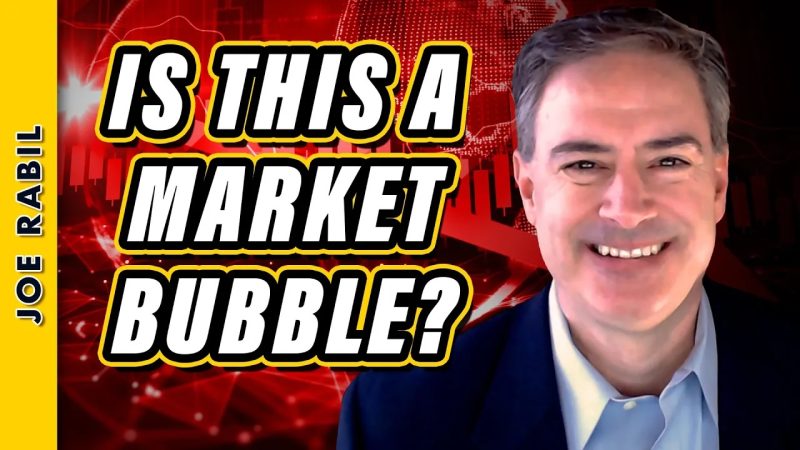In a world where financial markets can be characterized by uncertainty and volatility, the recent surge in stock prices has prompted many investors to question whether we are experiencing a market bubble or investor mania. Examining the situation from a holistic perspective, it becomes clear that there are key factors at play contributing to this surge.
One of the driving forces behind the current market exuberance is the unprecedented levels of monetary stimulus provided by central banks around the world. In response to the economic fallout caused by the COVID-19 pandemic, central banks have implemented aggressive policies aimed at supporting financial markets and stimulating economic growth. This flood of liquidity has pushed interest rates to historic lows, driving investors to seek higher returns in riskier asset classes such as stocks.
Another significant factor fueling the current market dynamics is the rise of retail investors and the proliferation of commission-free trading platforms. With the barriers to entry lowered and access to information more democratized than ever before, retail investors have flocked to the stock market in droves. This newfound enthusiasm has been accelerated by social media platforms like Reddit and Twitter, where retail investors collaborate and share investment ideas, often targeting heavily shorted stocks in a phenomenon known as a short squeeze.
The convergence of these factors has created a perfect storm of market momentum, leading to skyrocketing stock prices and a sense of FOMO (fear of missing out) among investors. While some view this as a sign of irrational exuberance reminiscent of past market bubbles, others argue that the underlying economic fundamentals support the current valuations.
Critics of the market surge warn of the dangers of excessive speculation and the disconnect between stock prices and the broader economy. They point to historical precedents such as the dot-com bubble of the late 1990s and the housing market crash of 2008 as cautionary tales of the risks associated with market mania. In contrast, supporters of the current market rally highlight the resilience of the economy in the face of unprecedented challenges and the potential for sustained growth driven by technological innovation and fiscal stimulus.
As the debate over market bubble versus investor mania continues to unfold, it is essential for investors to exercise caution and diligence in navigating these turbulent waters. Diversification, risk management, and a long-term investment strategy remain crucial components of a well-rounded investment approach.
In conclusion, while the current market dynamics may exhibit characteristics of both a market bubble and investor mania, the true nature of the situation is likely a complex interplay of various factors. By remaining informed, prudent, and adaptive, investors can navigate these uncertain times with resilience and confidence.
